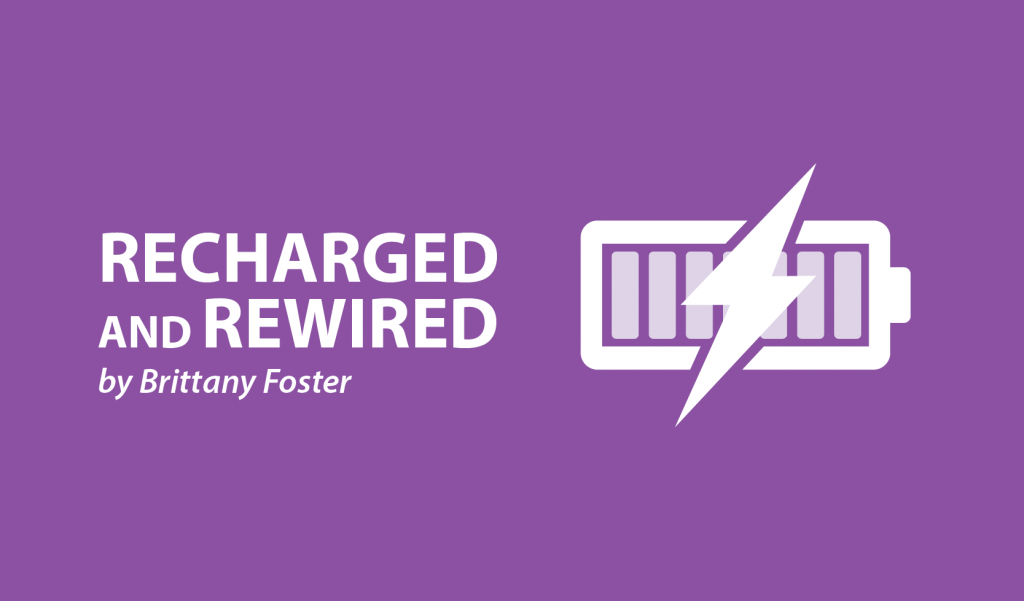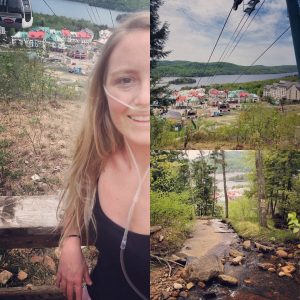How to Make Vacations with PH More Enjoyable


Vacation for anyone should be relaxing, enjoyable, and a great stress relief. With pulmonary hypertension and chronic illness, it’s not easy to be stress-free when it comes to planning and partaking in a trip. After a recent weekend of travel to Canada, I have learned some ways to make my future vacations just as enjoyable. It’s important that I take time to reflect on what worked and what didn’t so that I can learn from my successes and failures. The following are some tips that helped make this vacation a success for me.
1. Gather all medical equipment and documentation in advance. It’s better to be proactive in gathering medical equipment, important documents from doctors, and personal health information. Having this done ahead of time eased anxiety and worry.
I found it helpful to call my oxygen supply company and ask for extra backup tanks. I made sure extra batteries for my portable concentrator were charged and ready to go.
To organize my medical information, I had a medic alert form printed out and gave a copy to my boyfriend. This medic form lists surgical history, medications, doctor contacts, an emergency contact, and current medical conditions. I kept that and testing results in a folder.
2. Wear a medical ID bracelet. My bracelet has my major conditions written down on the back of it and is easily accessible by anyone if they looked at my wrist. This helped give me peace of mind so that I didn’t need to be worried about others’ knowledge (or lack thereof) of my medical conditions.
3. Organize pills and medications in a pill organizer. Medication management can be very overwhelming day to day. When planning for vacation, it was even more overwhelming because I needed to think about how many pills I take throughout the entire day. Instead of just grabbing all my medicine bottles and shoving them in a backpack (looking like a walking pharmacy), I organized them beforehand.
4. Stay hydrated and eat snacks with protein. Driving or flying anywhere for any length of time requires good hydration and nutrition. Protein-filled snacks helped me stay alert to help with directions. It also curbed my level of “hangriness” (hungry/angry). Nobody likes an angry passenger.
5. Rest. Remember that, most likely, others who are with you will need to rest too! It’s a long day for everyone. I stopped myself from comparing myself to the other people I was with and realized that after a hike through the mountains, we all needed a lunch and rest break. I also set aside some time during a late afternoon to take a nap.
6. Limit alcohol intake (something I need to work on). Alcohol effects everyone with chronic illness and PH differently. Most doctors recommend limiting it. I tried to keep up with the intake that everyone else had. As a 26-year-old, it sometimes feels hard to say no. In the end, outdoing it with drinking just adds to physical discomfort.
7. Ask for help. Whether it was packing the car, helping with carrying oxygen tanks, getting backup oxygen when it was running out, etc., it always helps to speak up when it comes to health.
8. Plan activities in advance that can be done comfortably. Don’t try to overdo it. Before going on this trip, I thought I was going to go zip lining. Although this would be thrilling, it just wouldn’t be a smart idea. It wouldn’t make sense for me to go to the very top of a mountain where the pressure is higher and swing down a line with a racing heart, all while wearing oxygen. My boyfriend and I chose activities that I could do comfortably and still had an amazing time! When I found myself getting worried or feeling frustrated that I wasn’t able to do some activities because of my limits, I shifted my thinking into enjoying the things I COULD do.
There is a lot more that those with PH and chronic illness need to think about when going on vacation. The key to enjoying a vacation with a chronic illness is to take certain precautions and practice enough self-care to make sure a vacation is safe and enjoyable.
***
Note: Pulmonary Hypertension News is strictly a news and information website about the disease. It does not provide medical advice, diagnosis, or treatment. This content is not intended to be a substitute for professional medical advice, diagnosis, or treatment. Always seek the advice of your physician or other qualified health provider with any questions you may have regarding a medical condition. Never disregard professional medical advice or delay in seeking it because of something you have read on this website. The opinions expressed in this column are not those of Pulmonary Hypertension News or its parent company, Bionews Services, and are intended to spark discussion about issues pertaining to pulmonary hypertension.









Leave a comment
Fill in the required fields to post. Your email address will not be published.